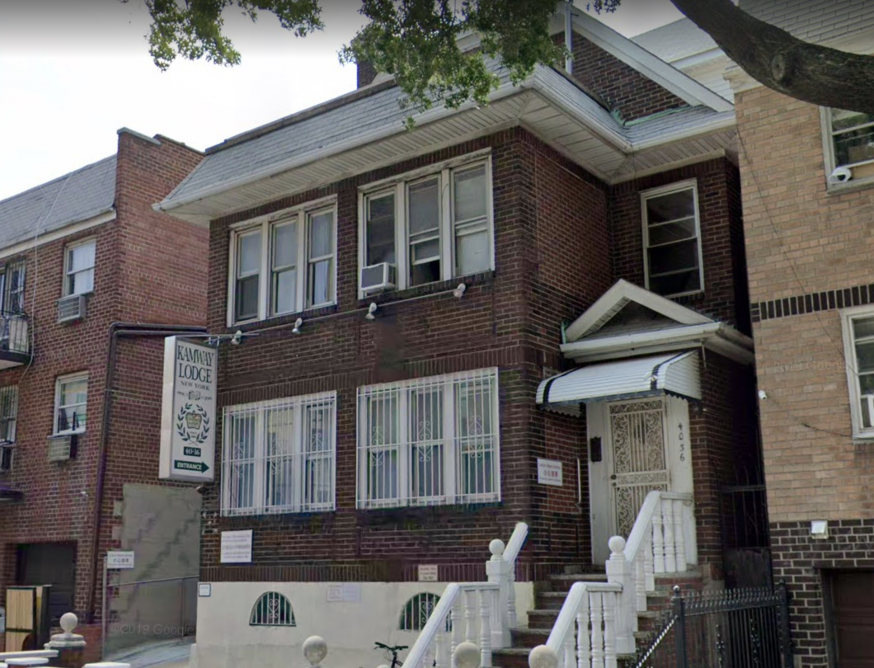
Kamway Lodge | Google Maps
Aug. 22, 2019 By Allie Griffin
A man was found dead last night inside an Elmhurst building, according to police — which was apparently operating as a hostel.
On Aug. 21 at about 8:30 p.m., police were called to a building at 40-36 77th Street due to a report of an unconscious man inside a room on the first floor. The man was unresponsive and was pronounced dead on scene, police said.
The address of the building is listed on several booking websites as “Kamway Lodge” and a night’s stay costs around $89 with guests sharing rooms.
The medical examiner will determine the cause of death. The NYPD hasn’t released the identity of the individual, as it’s pending family notification.
3 Comments







Asian brothel ? , or massage parlor with a happy ending ?
This is a private house not a hotel or hostel. The Asian at the front desk doesn’t speak english well . It looks more like a brothel in China town .
could be also a brothel.